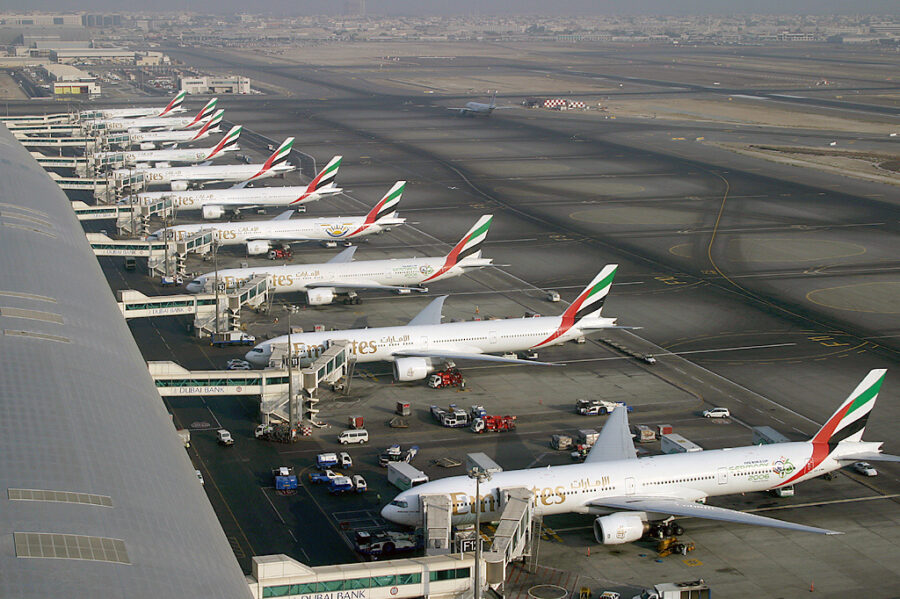Boeing’s Cost-Cutting and Safety Issues Exposed by Emirates Boss at IATA Conference

Speaking on Sunday June 2 at the International Air Transport Association (IATA) conference in Dubai, Sir Tim Clark, president of Emirates, criticized Boeing for “ruthlessly pursuing cost cuts” which, he claimed, disrupted its supply chain and led to safety issues.
Sir Tim Clark stated that the crisis affecting Boeing had been developing for over a decade. He argued that Boeing’s problems could be traced back 10 to 15 years when the company began prioritizing profits over engineering excellence.
Clark highlighted that Boeing’s aggressive cost-cutting measures, including outsourcing work and pushing suppliers to reduce costs, had resulted in significant quality issues. He cited the incident in January involving a faulty door panel on a 737 Max plane as a direct consequence of these practices.
At the IATA conference, Clark said that Boeing had “no good reason to ruthlessly pursue cost cuts” while it was constructing the new 787 Dreamliner, leading to turmoil in its supply chain.
“Boeing’s governance model shifted to focus more on financial metrics, leading to the issues we are now facing,” Clark stated. “Cost-cutting and efficiency measures led to quality problems. In our industry, manufacturers cannot afford to take their eye off the ball. Engineering should take precedence over finance.”
The January incident, where a refrigerator-sized hole blew out mid-flight on an Alaska Airlines plane, prompted an investigation by the Federal Aviation Administration (FAA). The FAA has since imposed restrictions on 737 production rates, installed officials on Boeing’s production lines, and ordered a comprehensive overhaul of the company’s quality control procedures.
Boeing’s chief financial officer, Brian West, admitted last month that production issues had left customers “frustrated and disappointed.”
Clark recalled expressing his concerns in 2011 about Boeing’s global outsourcing and the pressure on suppliers to cut costs. “I warned them to be careful. The supply chain was under pressure, and suppliers were struggling to meet demands,” he said.
He also warned that the global aviation industry could face a five-year delay while Boeing addresses its shortcomings. Supply chain issues are affecting Airbus as well, with assembly lines in France and Germany impacted. Some suppliers are prioritizing military contracts due to increased demand from the war in Ukraine, adding to the strain on civil aircraft production.
“The message to Boeing is clear: they must address their production and quality issues,” Clark said. “They need to reflect on what went wrong over the past decade and fix it. If they do, the situation is salvageable, and we can return to normal operations.”
Clark criticized Boeing for not addressing safety issues adequately following two fatal 737 Max crashes. “After the Max crashes, they said it would never happen again, and then the door blew out. Safety should be paramount in this industry,” he asserted.
Last month, the US Department of Justice filed a case accusing Boeing of breaching its obligations in a 2021 agreement that protected it from criminal prosecution over the crashes, following the Alaska Airlines incident.
A Boeing spokesman said the company would engage with authorities, adding, “We believe that we have honored the terms of that agreement and look forward to responding to the Department on this issue.”
Sources: AirGuide Business airguide.info, bing.com, finance.yahoo.com
